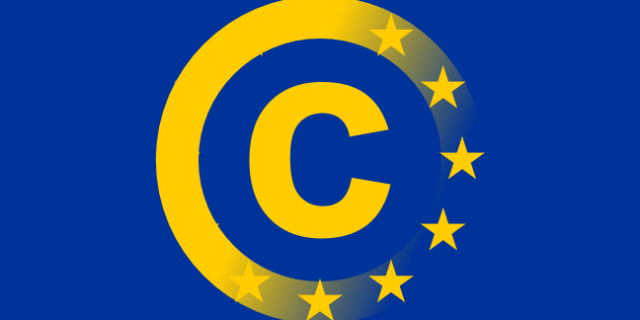
Copyright changes in the European Union has implied a triumph for record labels, publishers, songwriters and artists in the 27 EU countries– and could spark moves to more intellectual property changes in different regions including Australia.
The fundamental change is that services that depend on user-generated content (USG) like YouTube now need to concede to “fair remuneration” license deals with rights holders and makes them legitimately at risk for facilitating unlicensed content.
Adequately this closures the sheltered harbor resistance that copyright offices in different nations, including Australia, have battled against.
It at last implies that makers will be paid legitimately for their work and now get clout and transparency when they do licensing and commercial deals with these platforms.
ICMP, the worldwide trade body for music publishing, estimates, “YouTube pays approximately 20 times less, per user per year, than a fairly licensed service such as Spotify.”
USG services have since a long time ago contended that it is essentially unimaginable for them to distinguish copyright encroachment on their platforms.
300 hours of video are transferred to YouTube consistently. Very nearly 5 billion recordings are viewed on YouTube consistently.
The copyright changes don’t explain to USG services on how they should now filter out shaded content.
Gadi Oron director general of CISAC, the International Confederation of Societies of Authors and Composers considered it a “hugely important achievement” that will “lead the way for countries outside the EU to follow.”
Helen Smith, executive chair of IMPALA, likewise anticipated, “It will have a ripple effect worldwide.”
“This world-first legislation confirms that User-Upload Content platforms perform an act of communication to the public and must either seek authorisation from rightsholders or ensure no unauthorised content is available on their platforms,” said Frances Moore, CEO of international labels trade body IFPI.
YouTube parent Google, which supposedly spent millions of euros on campaigning the progressions cautioned it would “lead to legal uncertainty and will hurt Europe’s creative and digital economies.”
Disclaimer: The views, suggestions, and opinions expressed here are the sole responsibility of the experts. No A News Week journalist was involved in the writing and production of this article.
